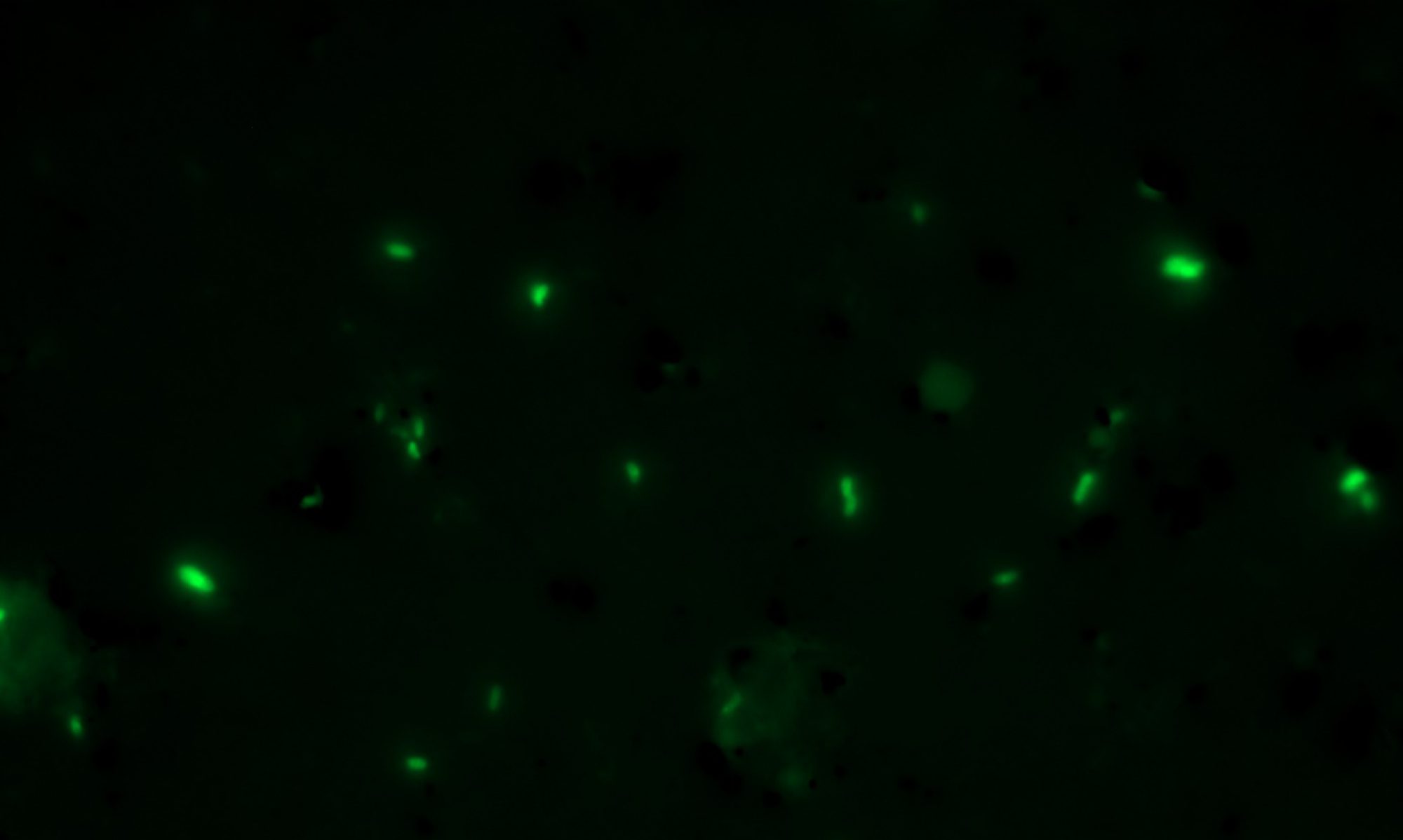On 26th of February, Mon and Amelia will meet the Electrogas consortium at Aarhus University. We are going to discuss progress with our work packages. The European Union, including Denmark, plan to become fossil fuel free by 2050, therefore renewable resources like biogas and wind-turbine-generated electricity come in handy in order to produce the chemicals of the future while storing the excess electricity. You can read more about the project here.

University of Southern Denmark